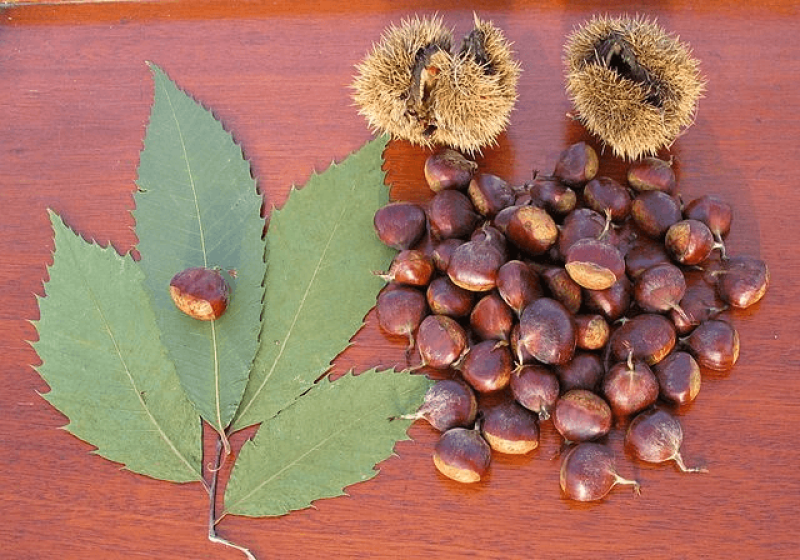The American chestnut tree, or číhtkęr in Tuscarora, once grew across what is currently the eastern United States, from Mississippi to Georgia, and into southeastern Canada. The beloved and ecologically important species was harvested by Indigenous peoples for millennia and once numbered in the billions, providing food and habitat to countless birds, insects, and mammals of eastern forests, before being wiped out by rampant logging and a deadly fungal blight brought on by European colonization.
Now, a transgenic version of the American chestnut that can withstand the blight is on the cusp of being deregulated by the U.S. government. (Transgenic organisms contain DNA from other species.) When that happens, people will be able to grow the blight-resistant trees without restriction. For years, controversy has swirled around the ethics of using novel biotechnology for species conservation. But [Neil] Patterson, who previously directed the Tuscarora Environment Program and today is the assistant director of the Center for Native Peoples and the Environment at the State University of New York’s College of Environmental Science and Forestry in Syracuse, has a different question: What good is bringing back a species without also restoring its traditional relationships with the Indigenous peoples who helped it flourish?































